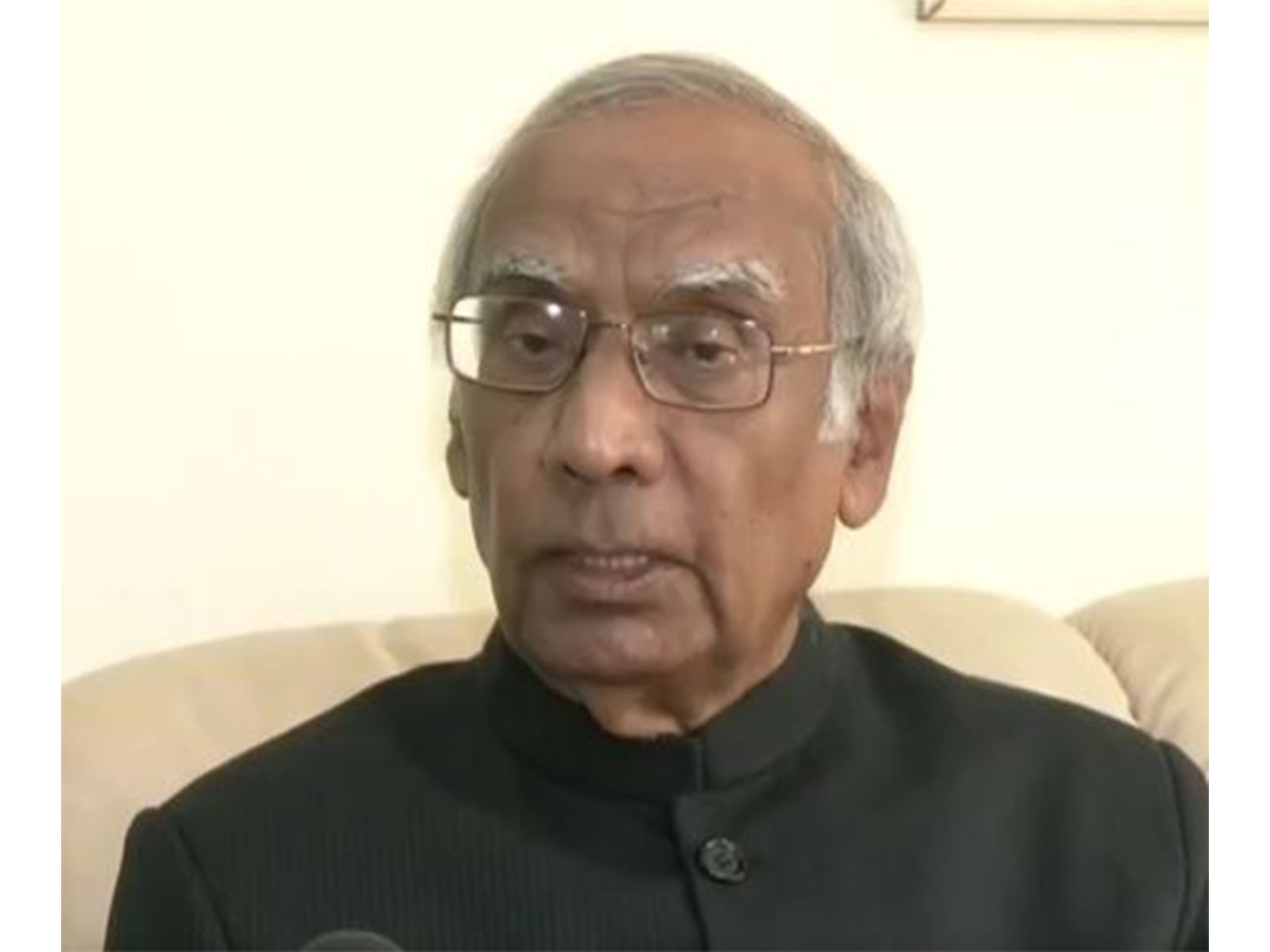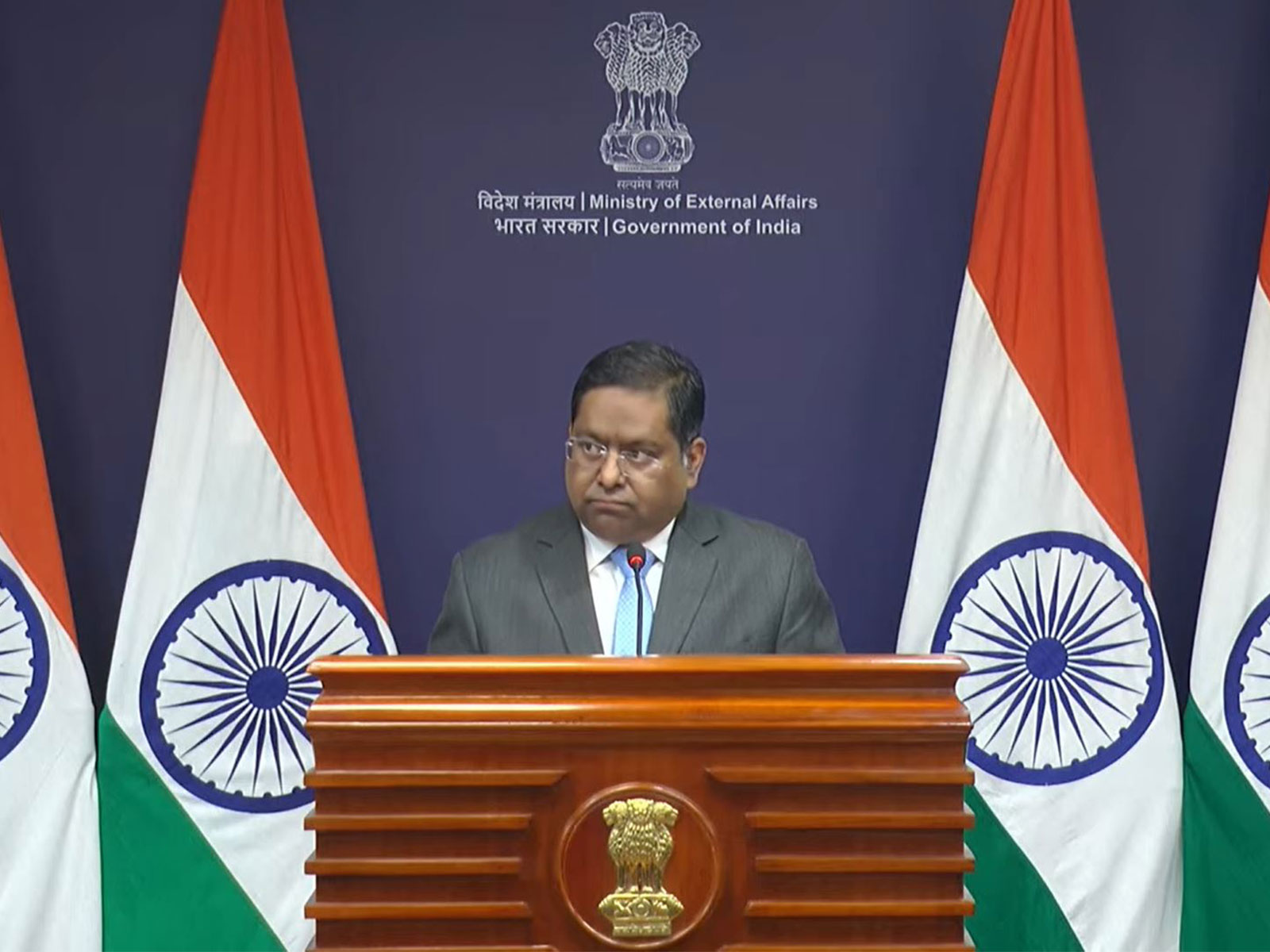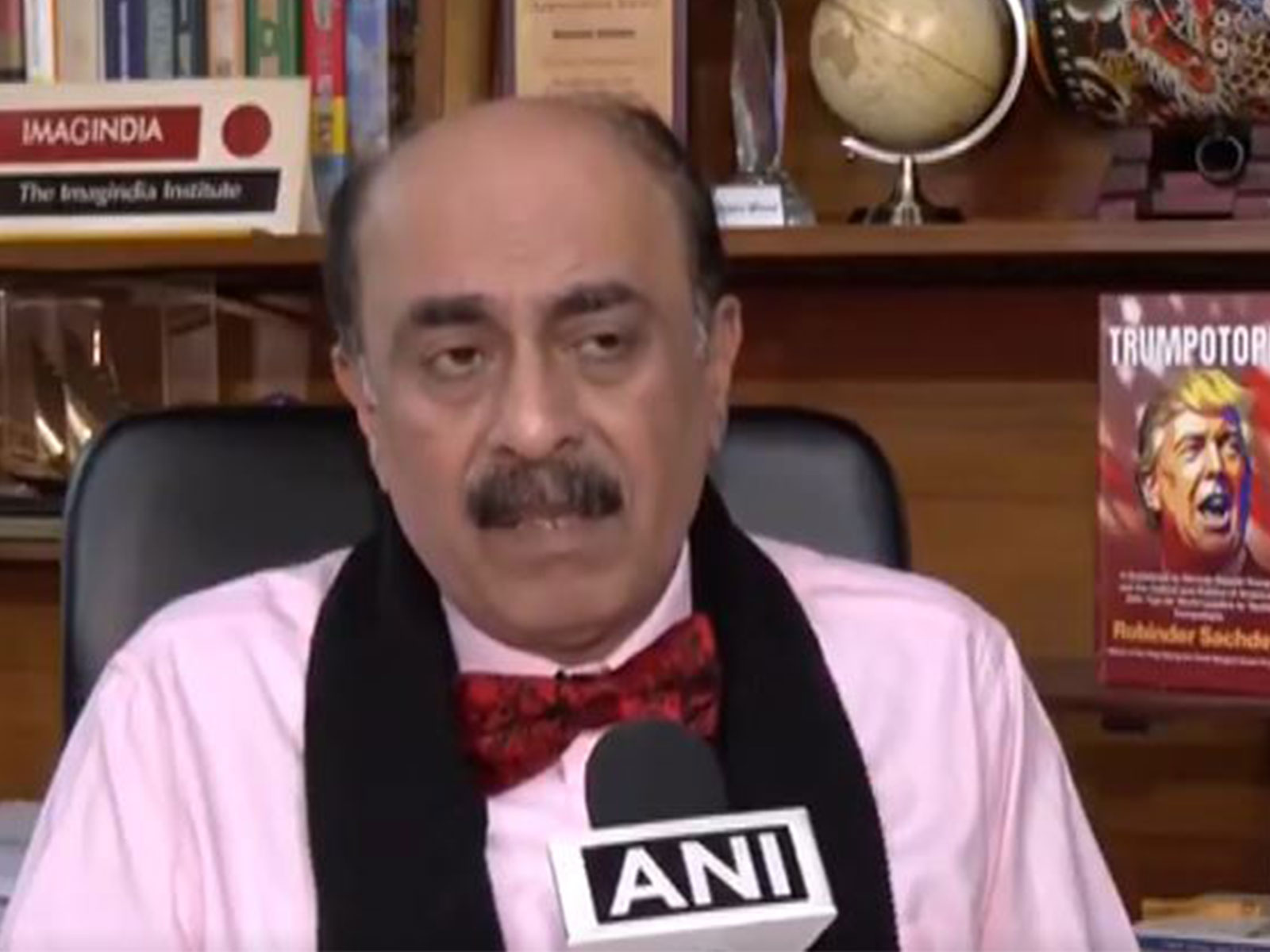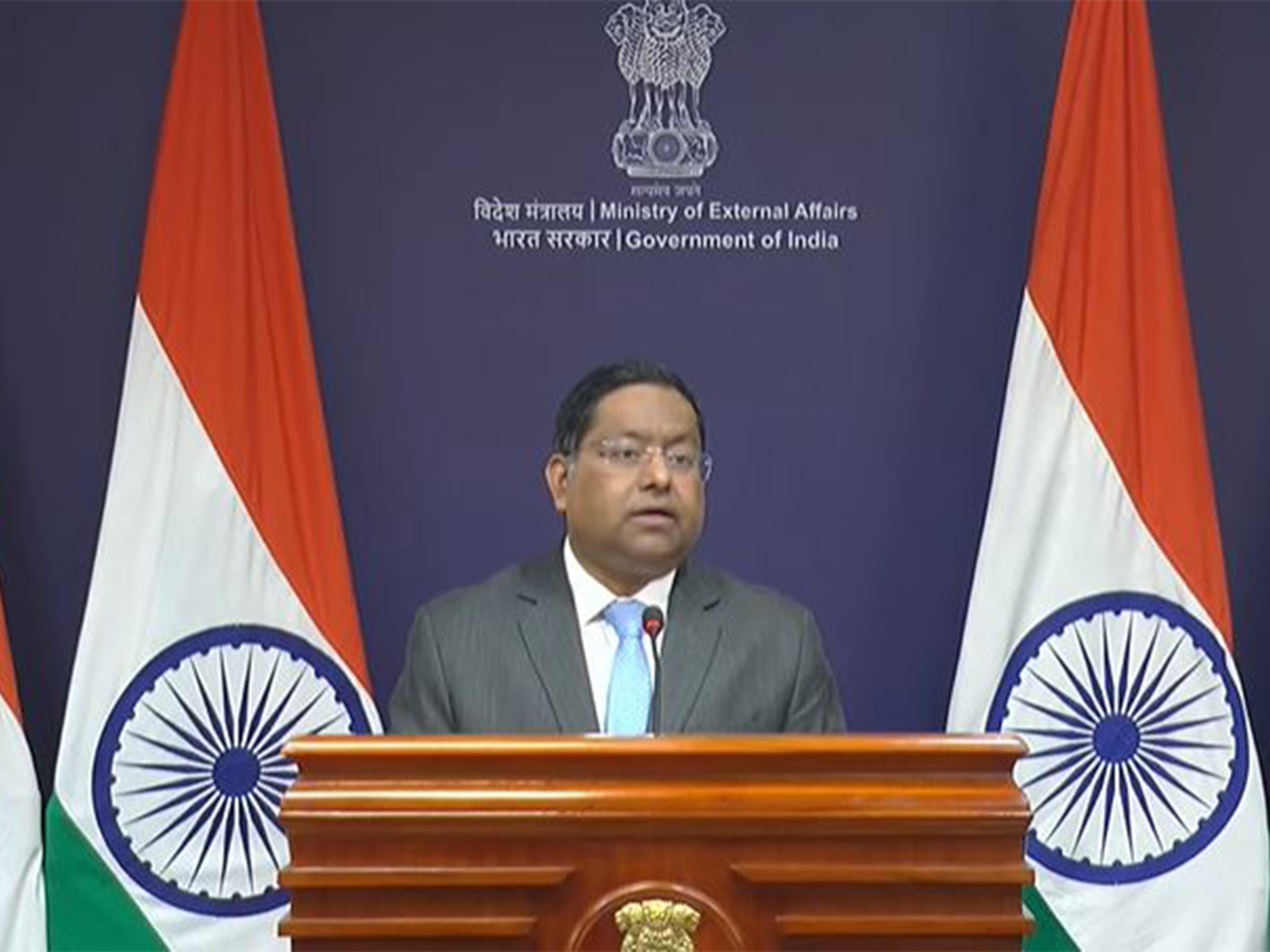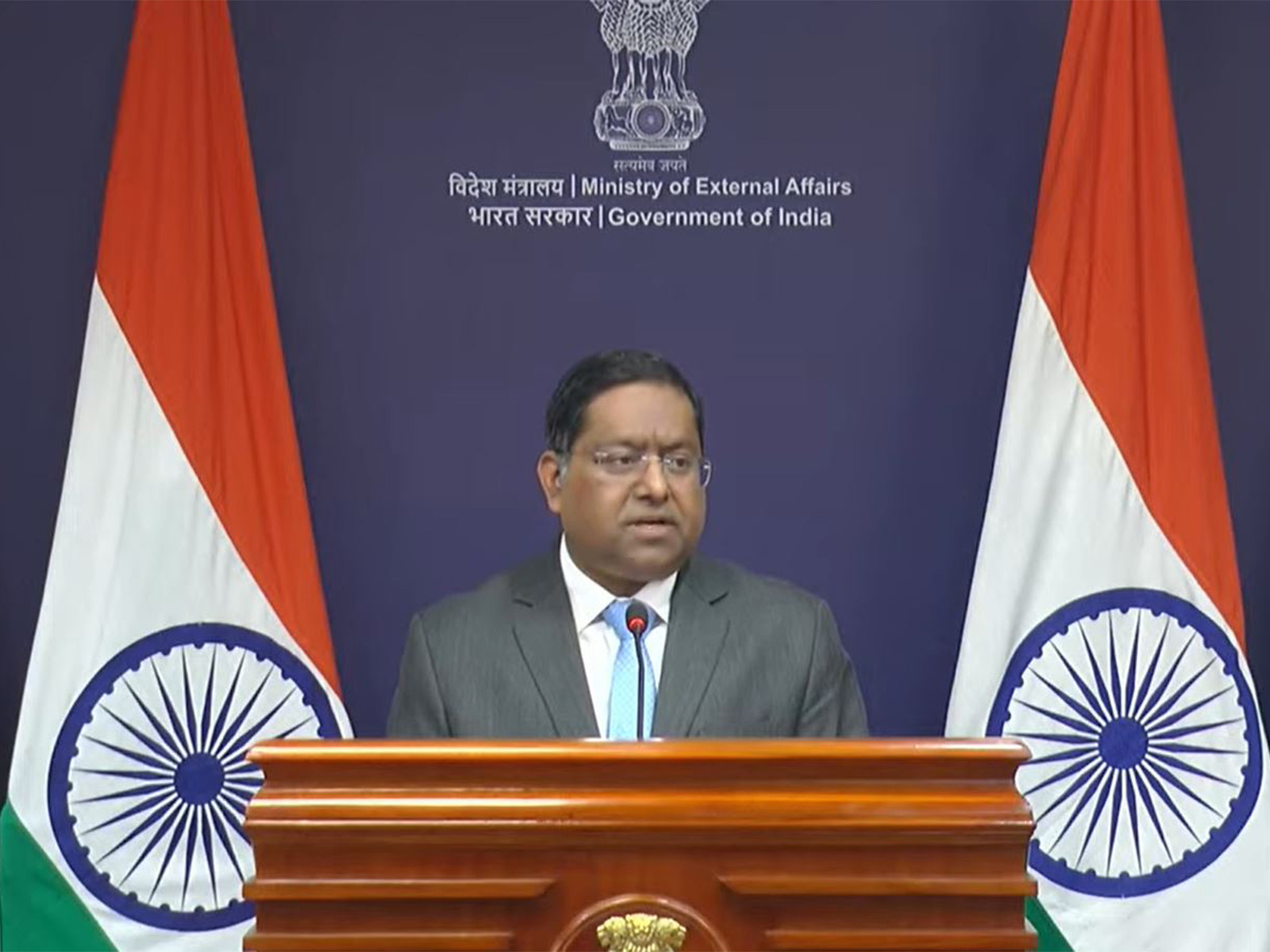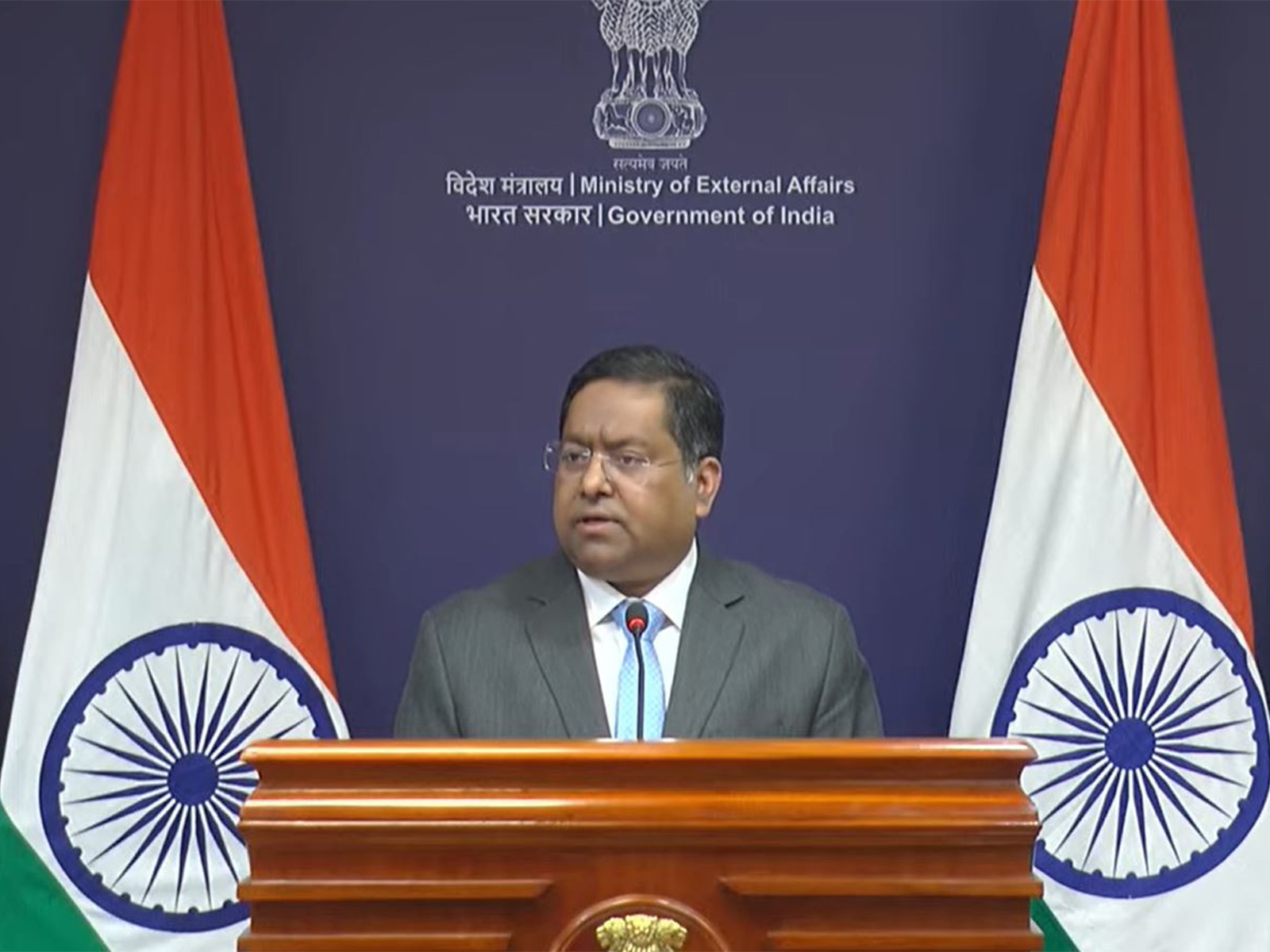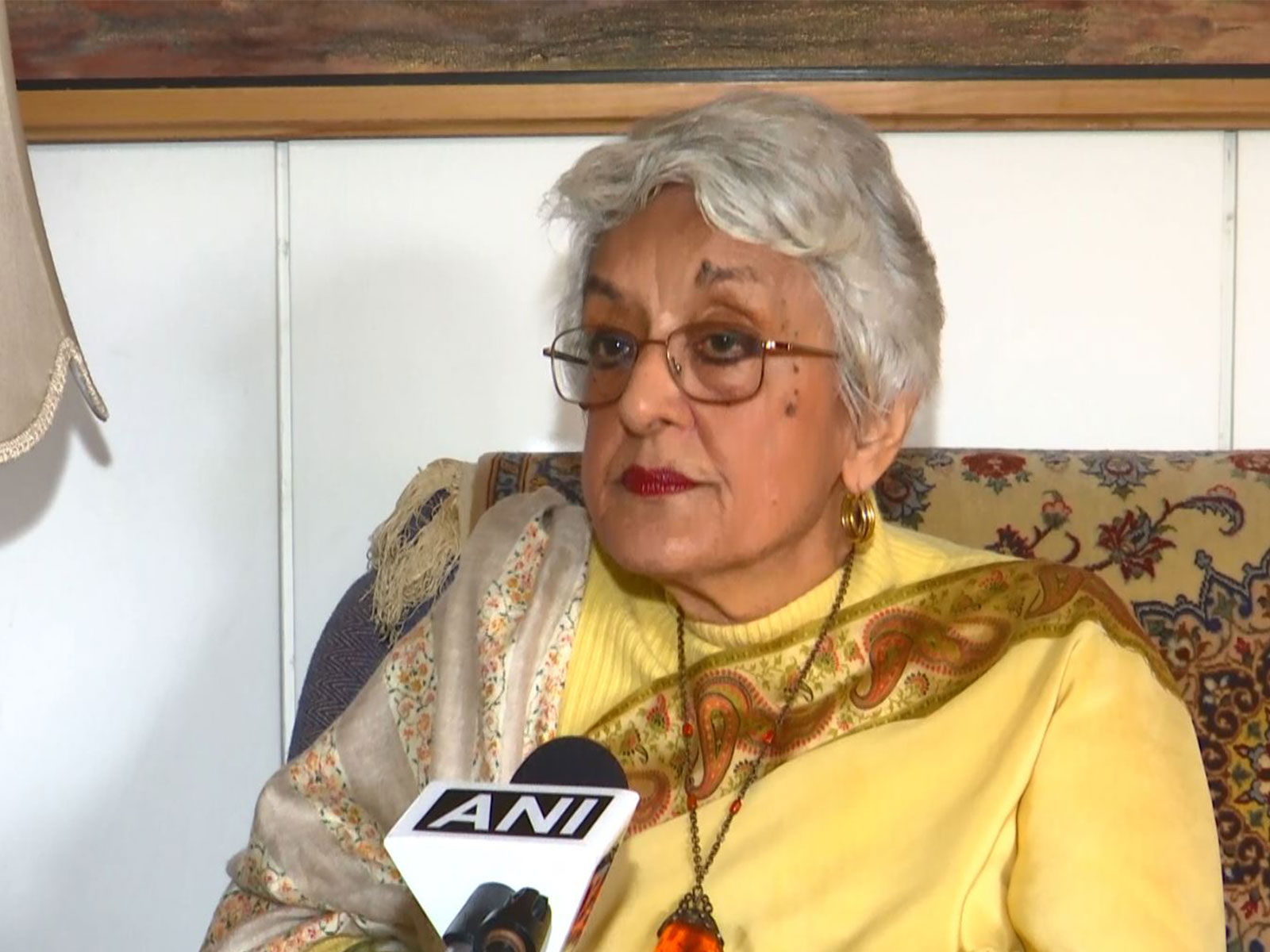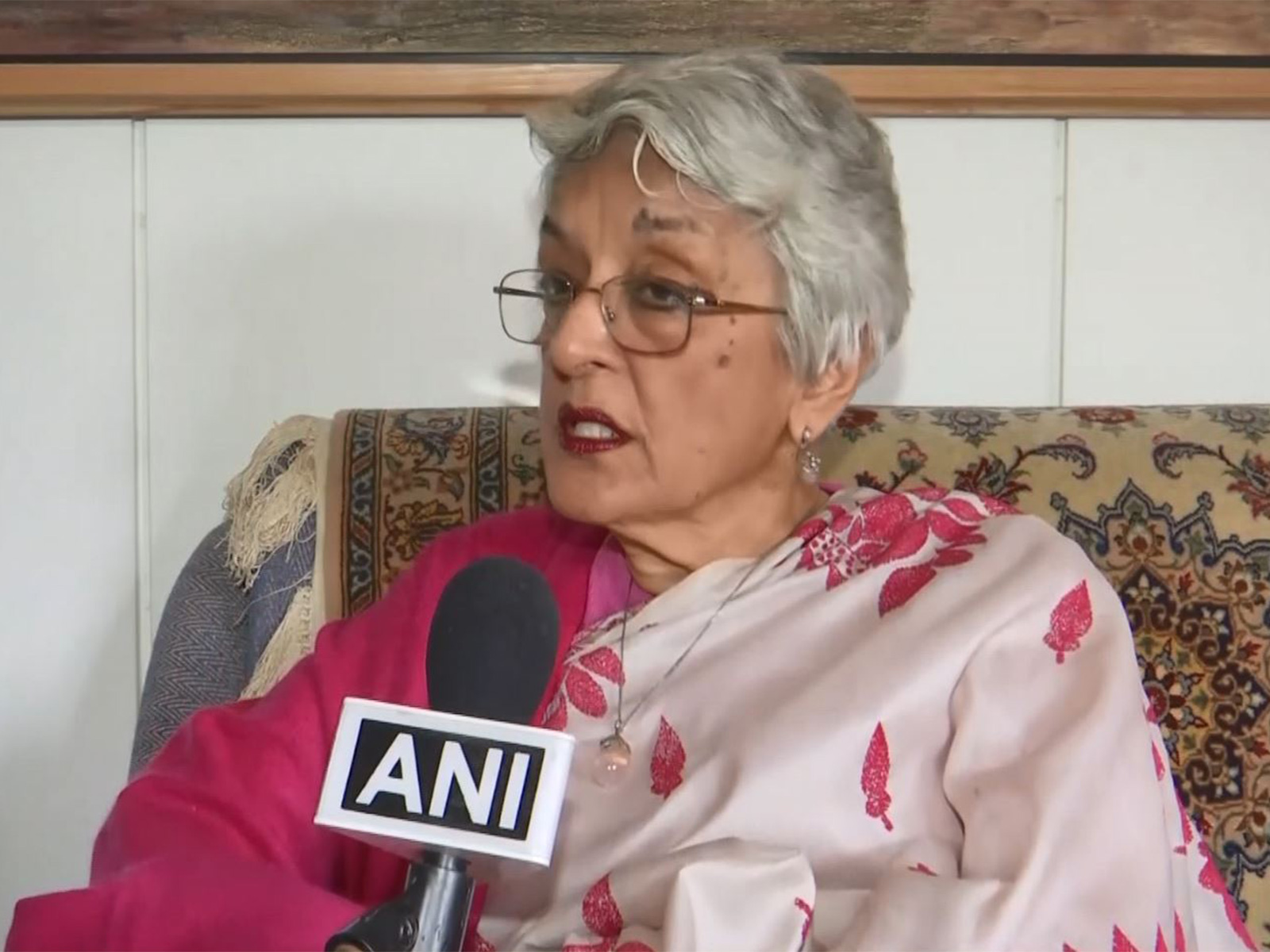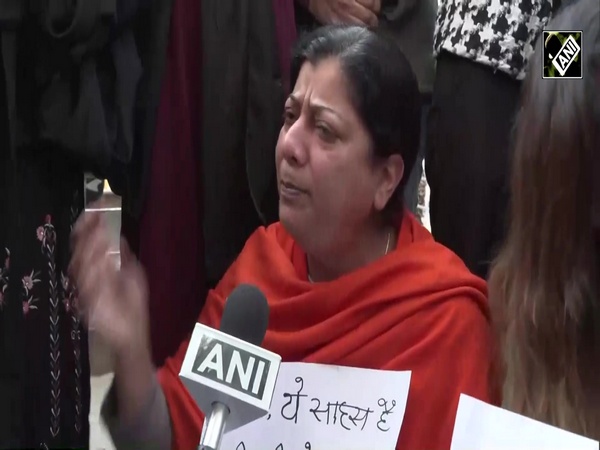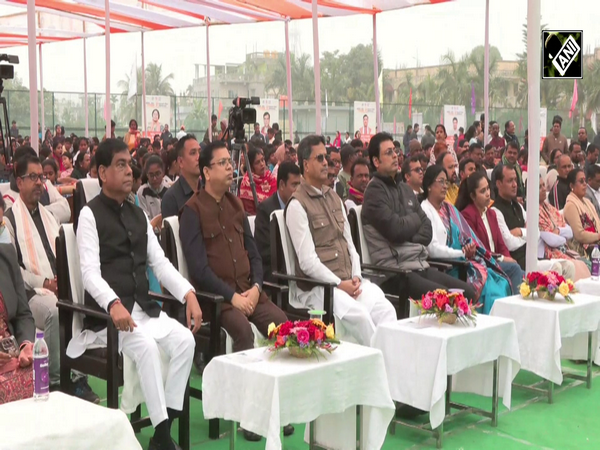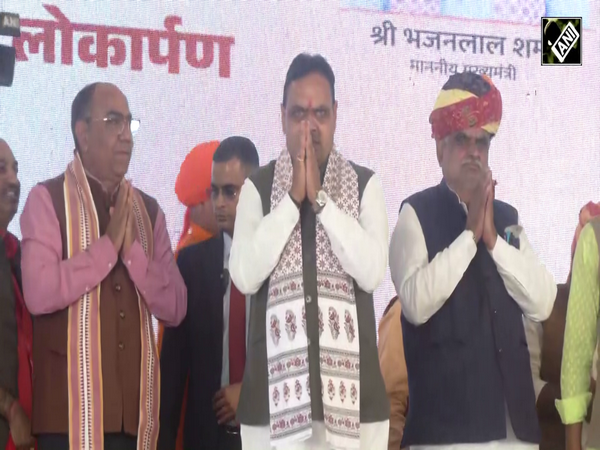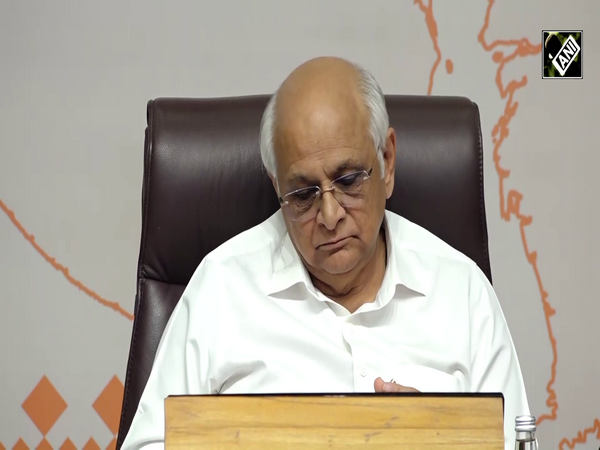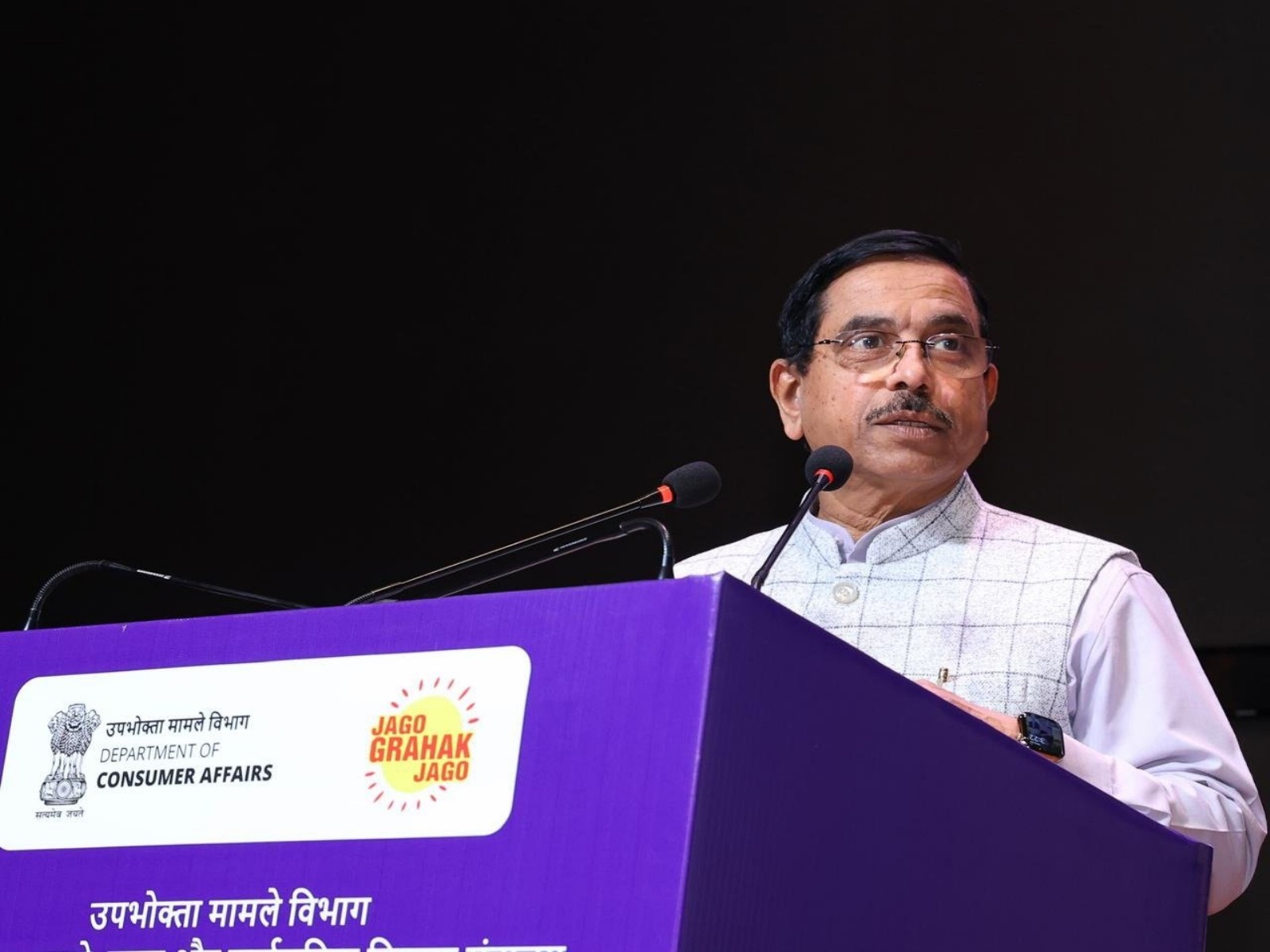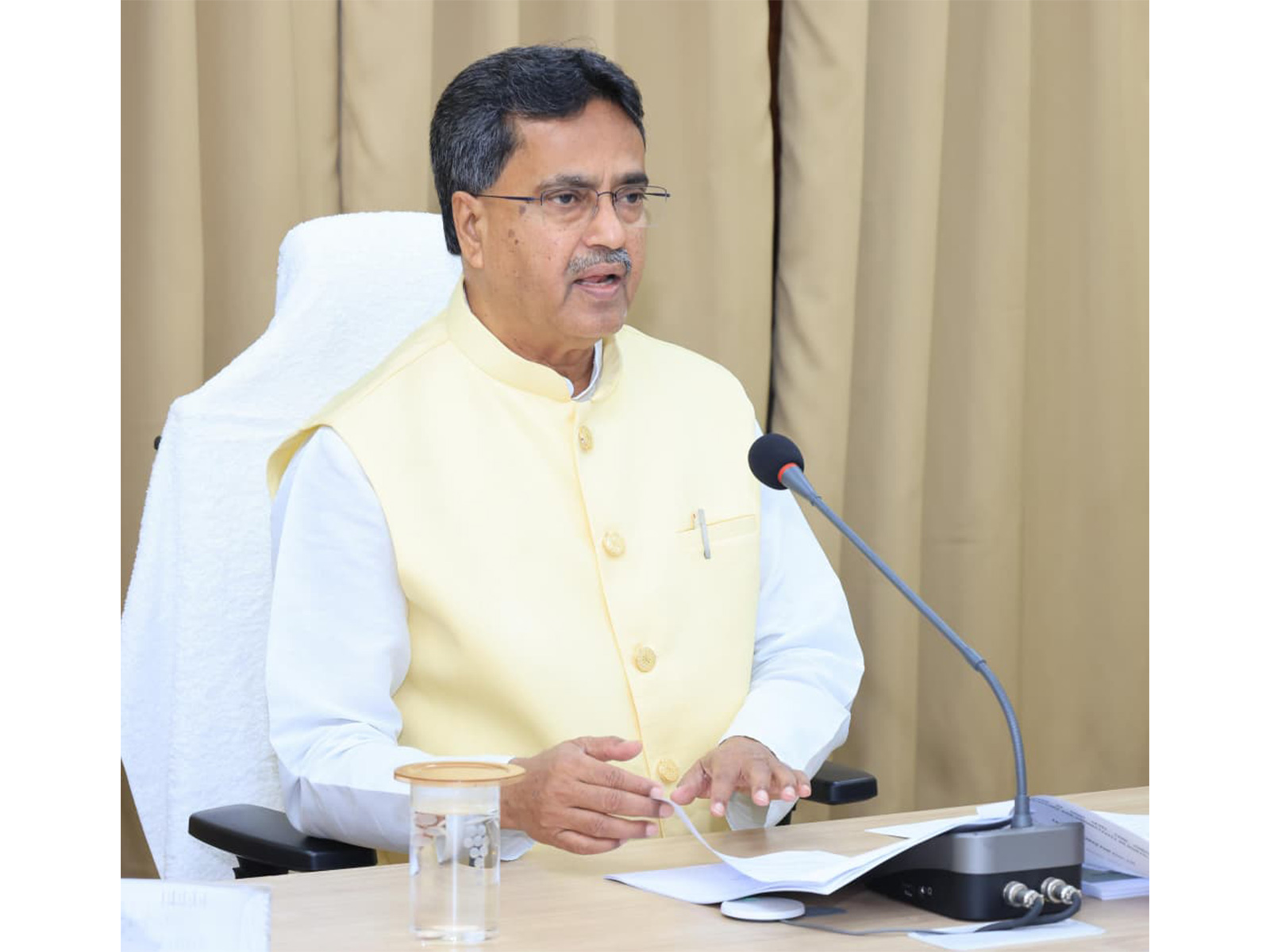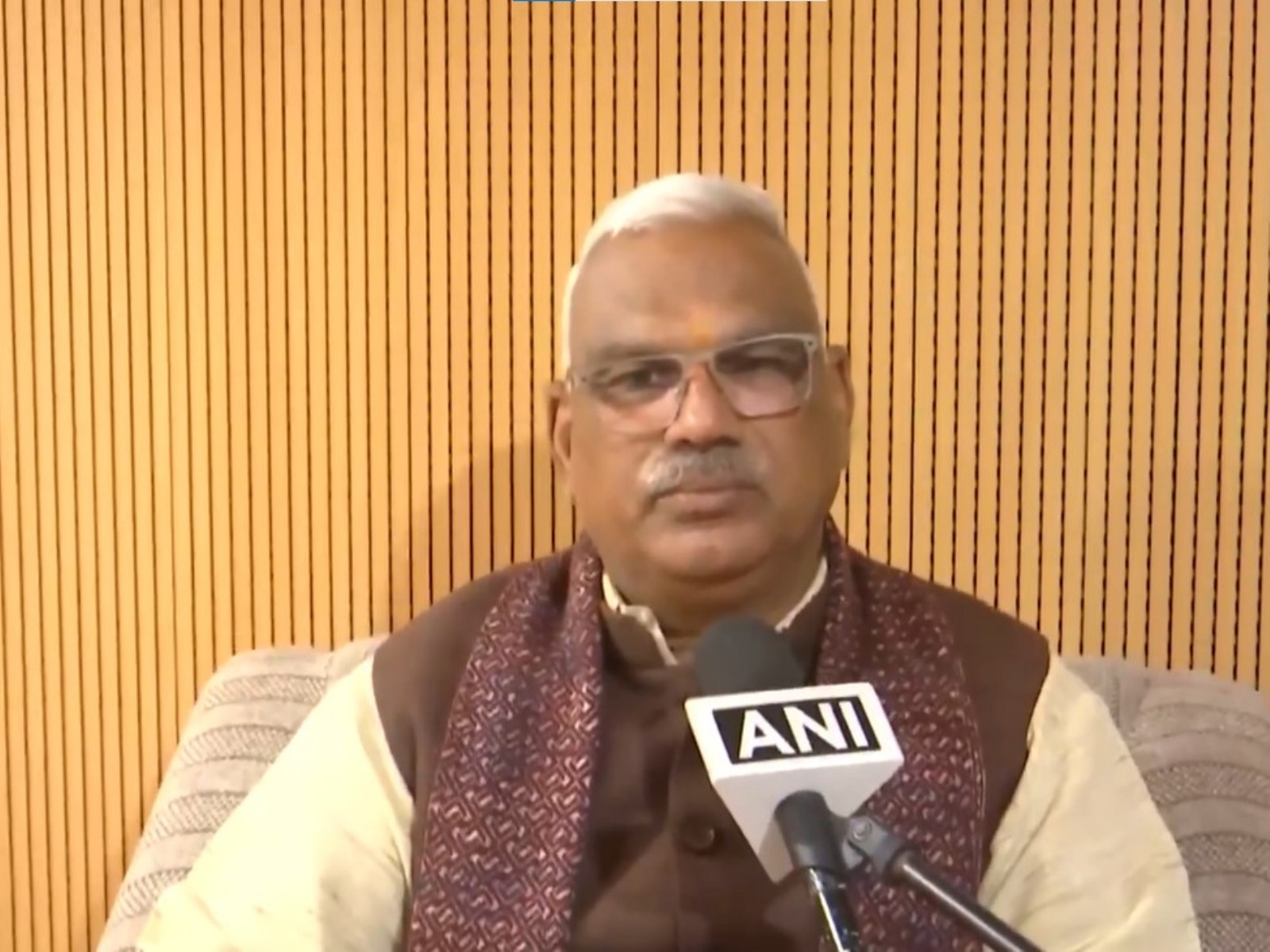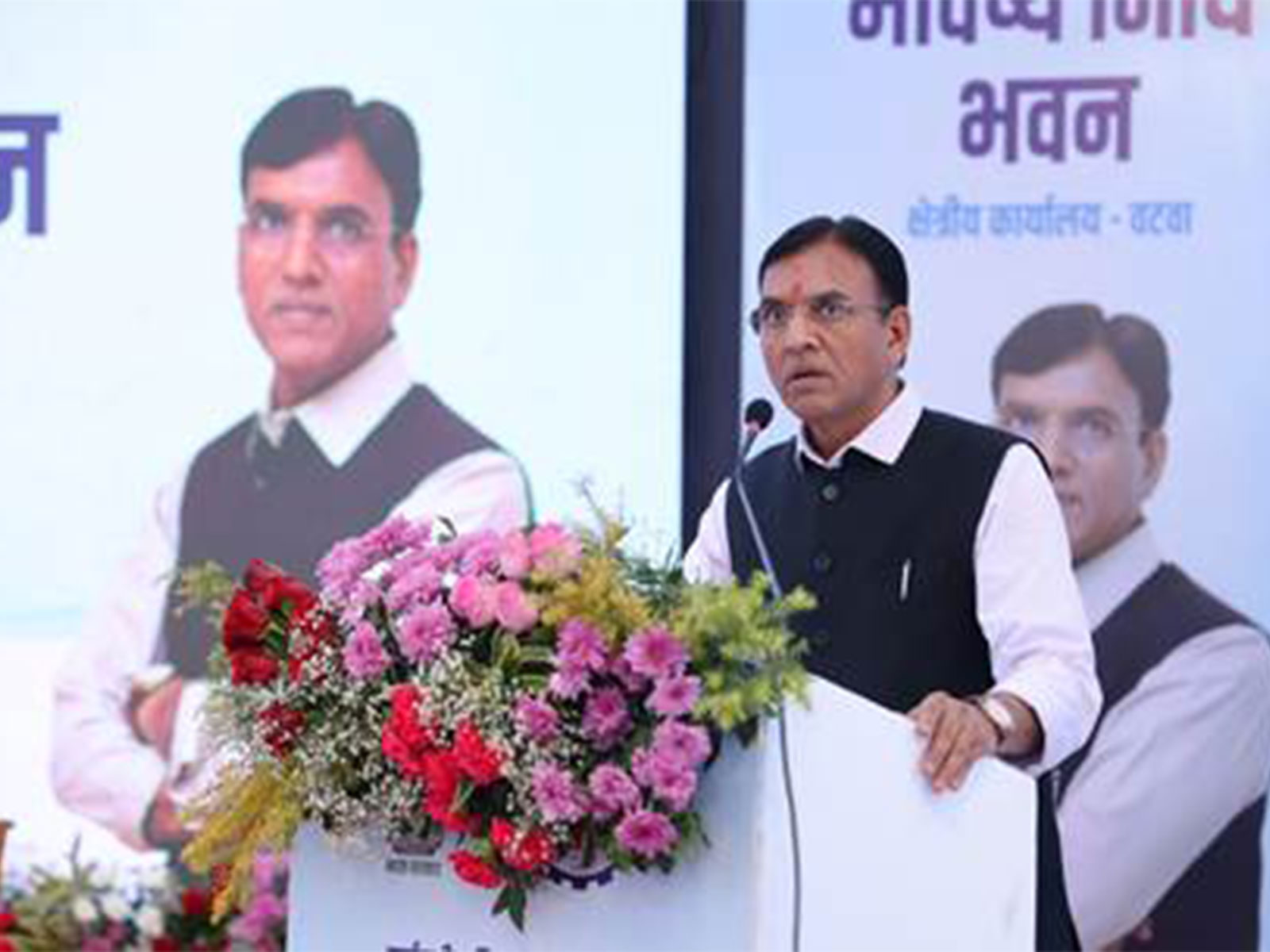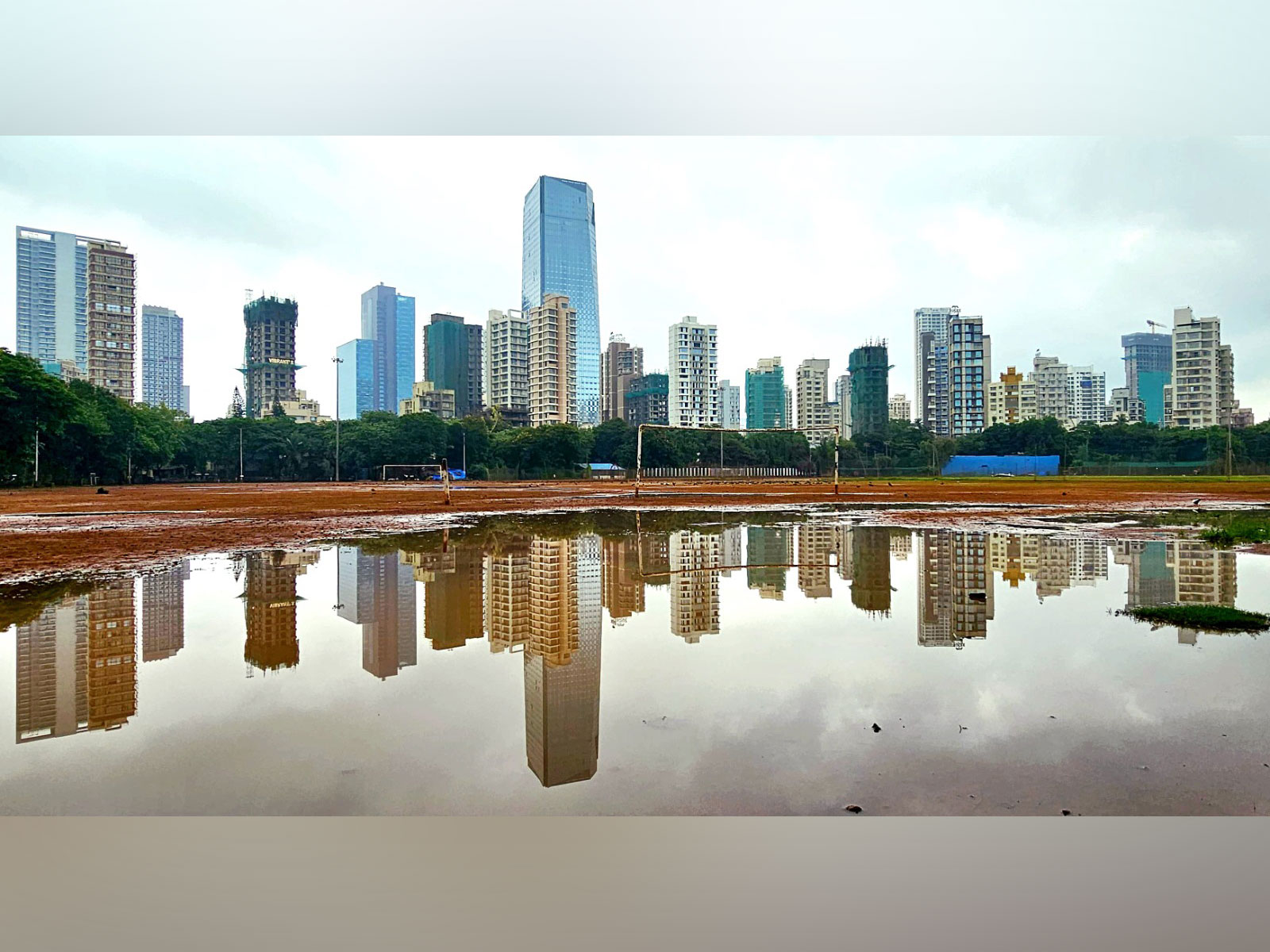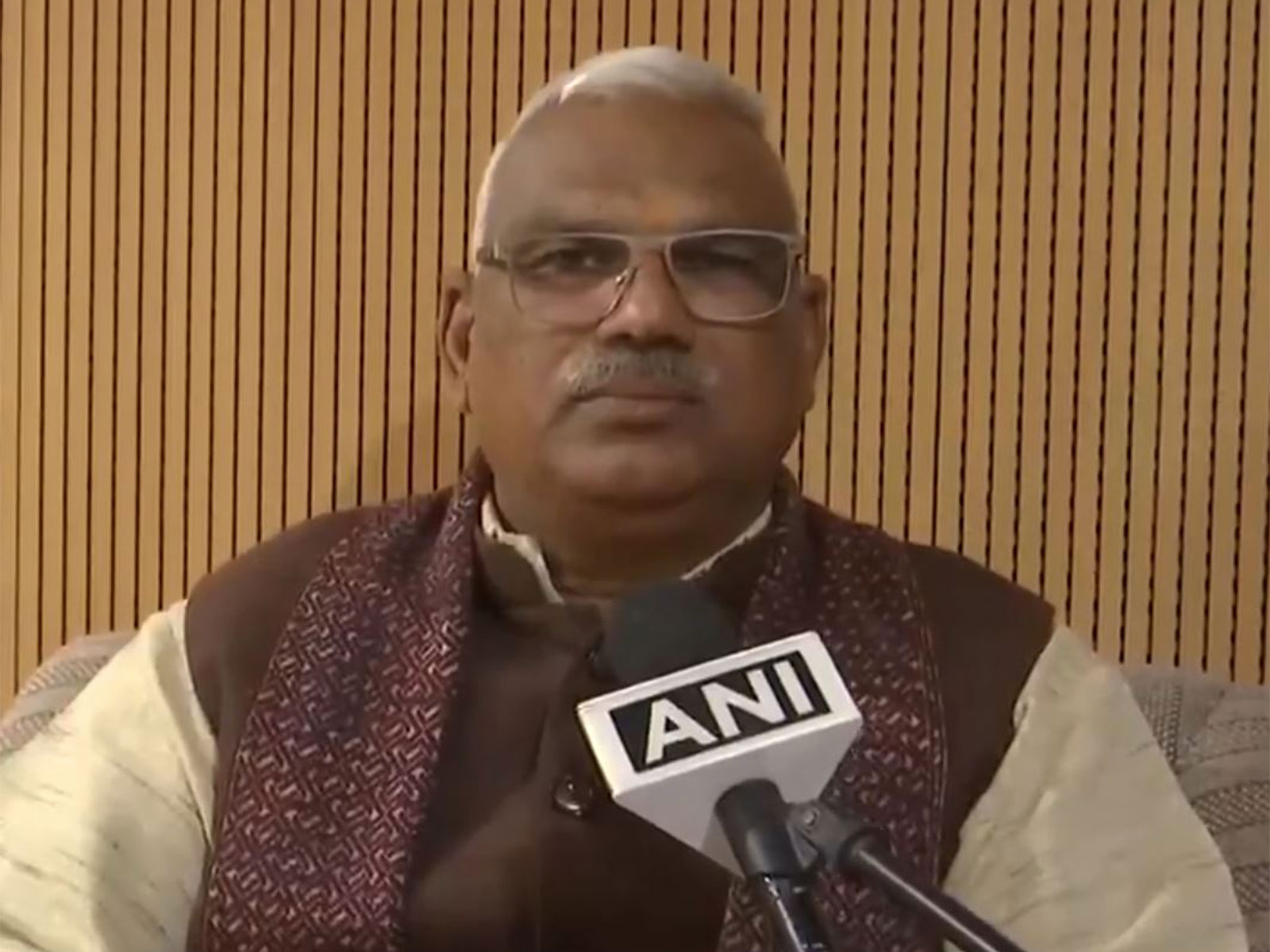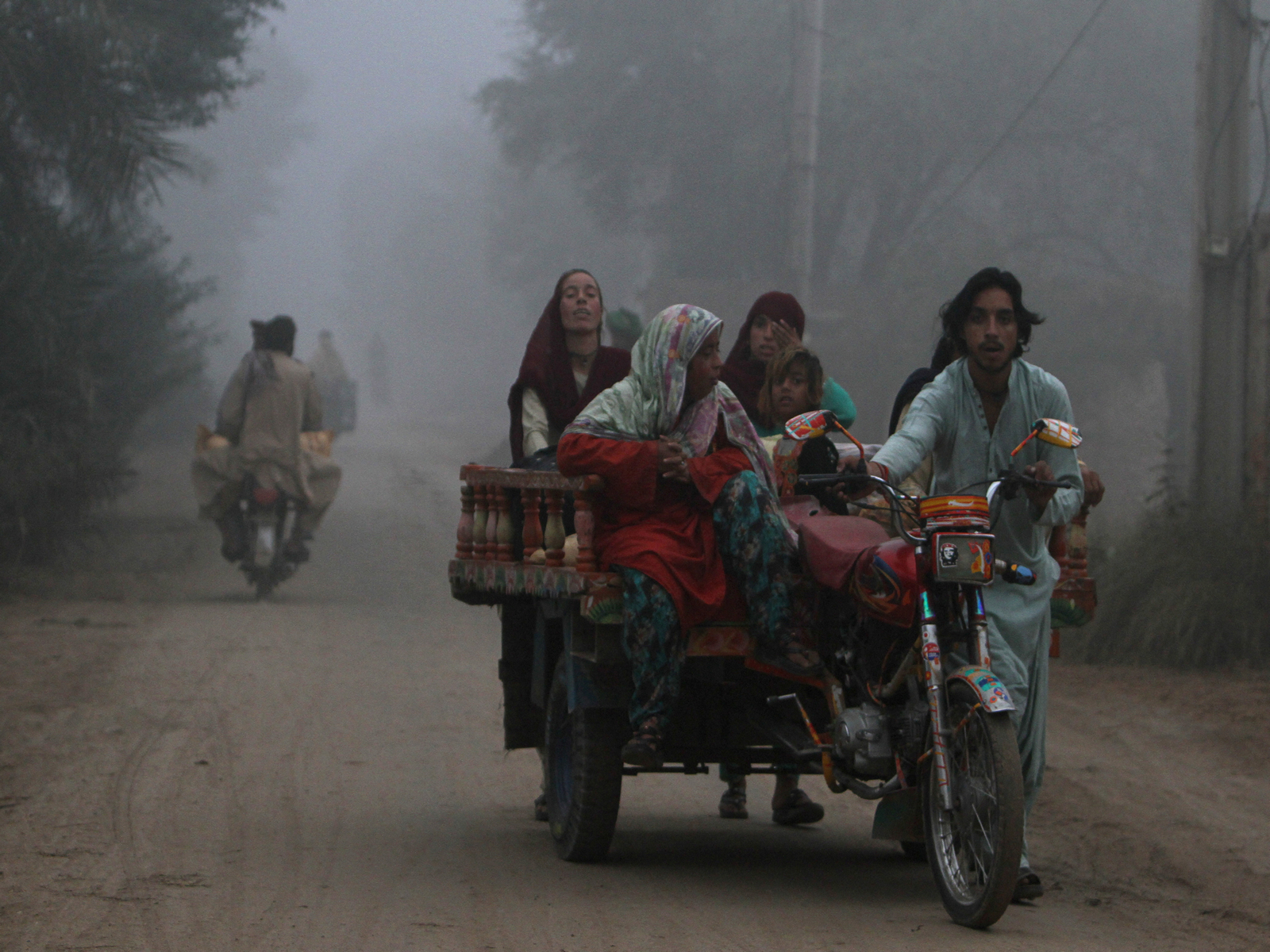
Pakistan faces imminent climate and economic breakdown as IFIs warn of alarming inaction
Nov 08, 2025
Islamabad [Pakistan], November 8 : A grim picture of Pakistan's environmental and economic future emerged at the 28th Sustainable Development Conference, where experts from leading International Financial Institutions (IFIs), including the World Bank and the International Monetary Fund (IMF) expressed deep concern over the country's worsening climate vulnerability, rapid population growth, and unchecked environmental degradation, as reported by Dawn.
According to Dawn, World Bank Country Director Bolormaa Amgabazar cautioned that Pakistan ranks among the most climate-threatened countries, facing rising pollution levels, recurring floods, and depleting natural resources.
She warned that the combination of a booming population and environmental mismanagement poses long-term risks to both ecological and economic stability. The World Bank's Climate and Country Development Report, she noted, predicts a potential 20 to 30 per cent drop in Pakistan's GDP by 2050 if corrective action is not urgently taken.
Amgabazar emphasised the importance of predictable and multi-year funding mechanisms to effectively confront the climate emergency. She pointed to the World Bank's Country Partnership Framework, a USD 20 billion, two-decade financing plan that will help Pakistan design and implement future projects geared toward sustainable development.
In addition, IMF Country Representative Mahir Binici stated that the recently approved USD 1.4 billion Resilience and Sustainability Facility (RSF) will bolster Pakistan's ability to cope with environmental shocks. He emphasised that the RSF, operating alongside the ongoing Extended Fund Facility (EFF), aims to integrate climate-focused policies into Pakistan's financial and development planning, marking a crucial step toward long-term sustainability, as cited by Dawn.
Binici further revealed that, starting from the next fiscal year, projects under the Public Sector Development Programme (PSDP) will undergo climate-based evaluation to enhance transparency and resource management.
Meanwhile, UNDP Resident Representative Samuel Rizk noted that sustainable development financing is now more critical than ever, stating that governments, in partnership with global and private institutions, must lead the effort.
Experts have unanimously warned that without decisive reforms, transparent governance, and committed funding, Pakistan risks spiralling into an irreversible climate and economic crisis. This warning demands immediate attention from Pakistan's leadership, as reported by Dawn.
